Issue 35 is now LIVE!
The Fertility Sequel has arrived
Issue 35 is proudly powered by:
Welcome to Issue 35! We hope you're well rested and recharged after a beautiful Mother's Day weekend. We thought, what better way to honor mothers and mothers-to-be than by releasing a fertility sequel? 🥂
Tapping on the button above (or any of the images) grants you access to the full digital issue, but if you want a short preview before reading, here’s what you can expect 👇
Cover: Birth of Love, 70x50cm, Oil on Canvas, by Alessandra Bocchi
Microbial Exposure for Prenatal Immunity
“Animals raised in healthy, stable environments on pasture, with regular fresh bedding and high-quality feed, foster a healthier microbial ecosystem. Exposure to these beneficial microbes stimulates a more effective immune response in mothers, which can then be passed on to their babies.”
— Anna Marschner
Sunlight For Hormonal Balance
“When we step into sunlight, we're essentially absorbing energy in the form of photons, which trigger a cascade of biological processes. These photons activate molecules like vitamin D precursors and other photoreceptors, which are important for maintaining homeostasis.”
— Maegan Tucker
The Mother I Hope to Be
“Fertility used to terrify me. For a long time, I lived in fear, believing it was some kind of lottery—you either have it, or you don’t.” — Emily Hubbard
You can also read Emily’s piece right on Substack here:
Seeds of Life
“A 2023 study found microplastics in human placentas and testes, raising alarming concerns about their impact on reproduction. Scientists suspect that these particles interfere with hormones crucial for fertility. As these invisible contaminants continue to spread, their effects on reproductive health may be more profound than we yet understand.”
— Clara Sieg
The Egg
“If you had to pick only one food to eat for the rest of your life, what would you choose? What criteria would you base your answer on? Taste? Nutrition? Price? There are so many potential options, so many good choices to answer with. Let’s make a case for why eggs could be the best choice.”
— EC
The Placenta
“When that hormonal crash comes after a birth, they go into postpartum depression, because their body doesn’t have what it needs. Placentas are full of those hormones and nutrients, especially when consumed over time.”
— Zakry and Linea Gwynne
Progesterone For Fertility
“Progesterone is the hormone that maintains a thick, healthy and welcoming environment for an embryo to embed itself and begin the journey to becoming a baby.”
— By Emma Newlyn
Community Eats
As always, every magazine is only complete with some of your works of Art. Thank you for all your submissions. Spot yourself :)
Explore Issue 35 in full
Thank you to all our contributors who made this special issue possible!
If you’d like to submit something you’ve made for Community Eats, please send an email to rocky@warkitchen.net with your name, the picture and a short description.
Godspeed!




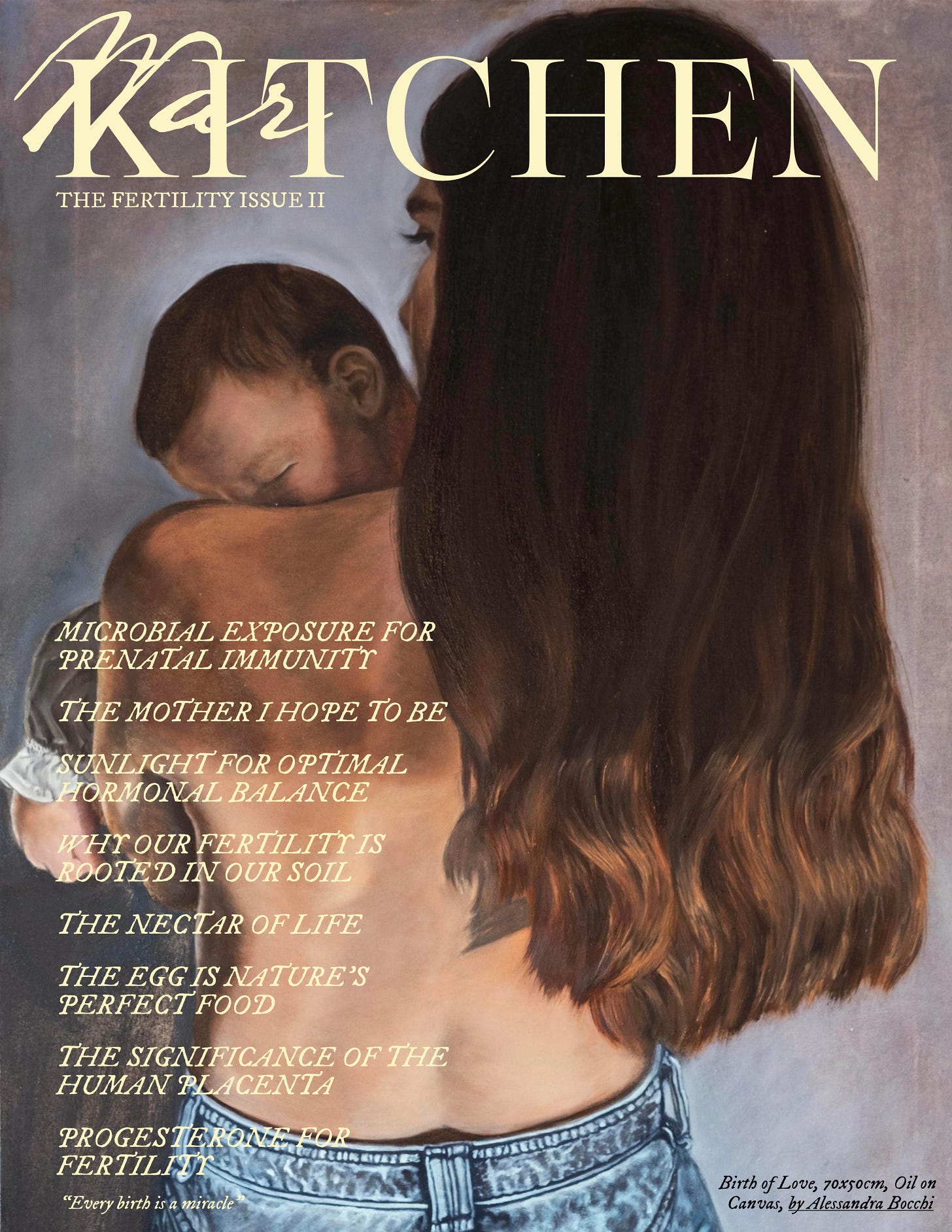
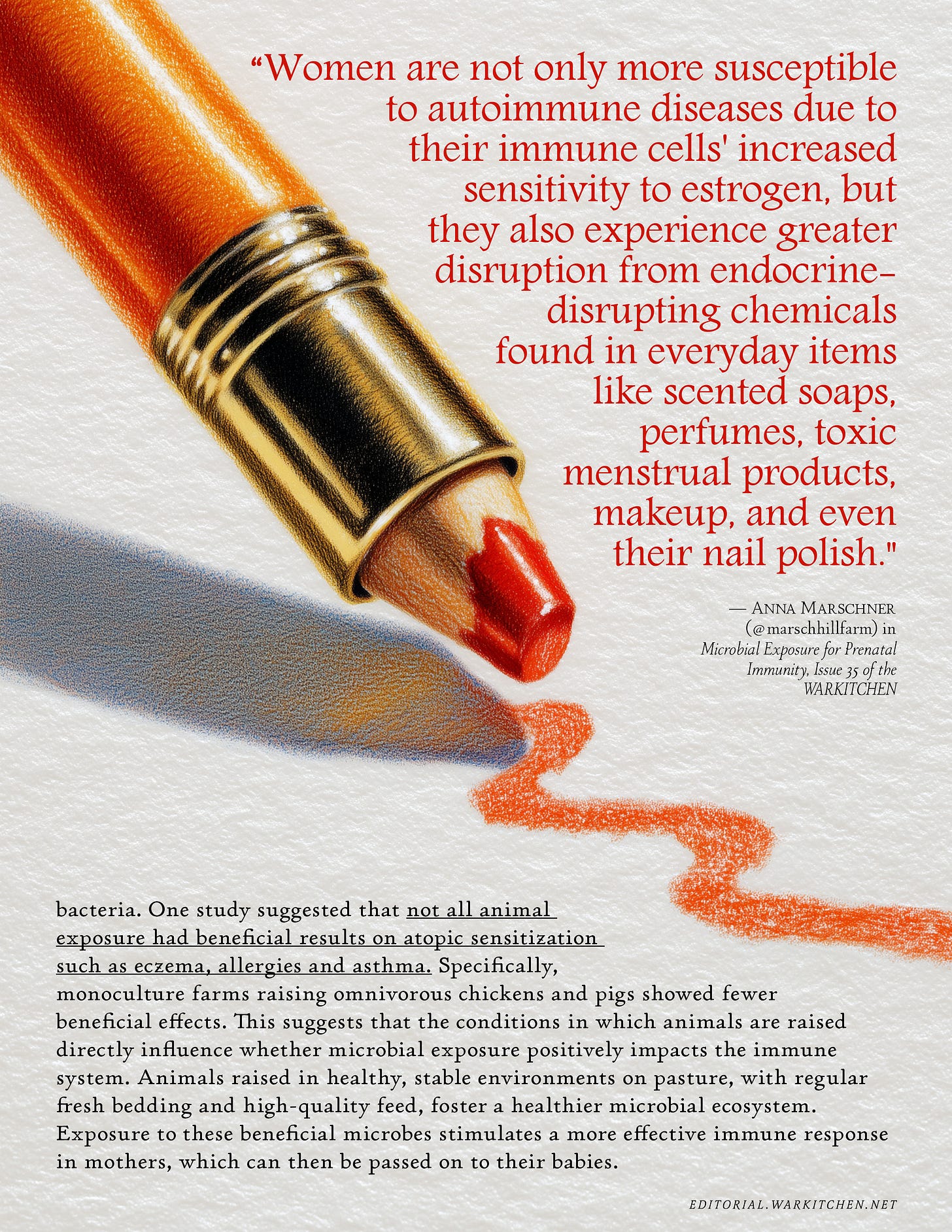
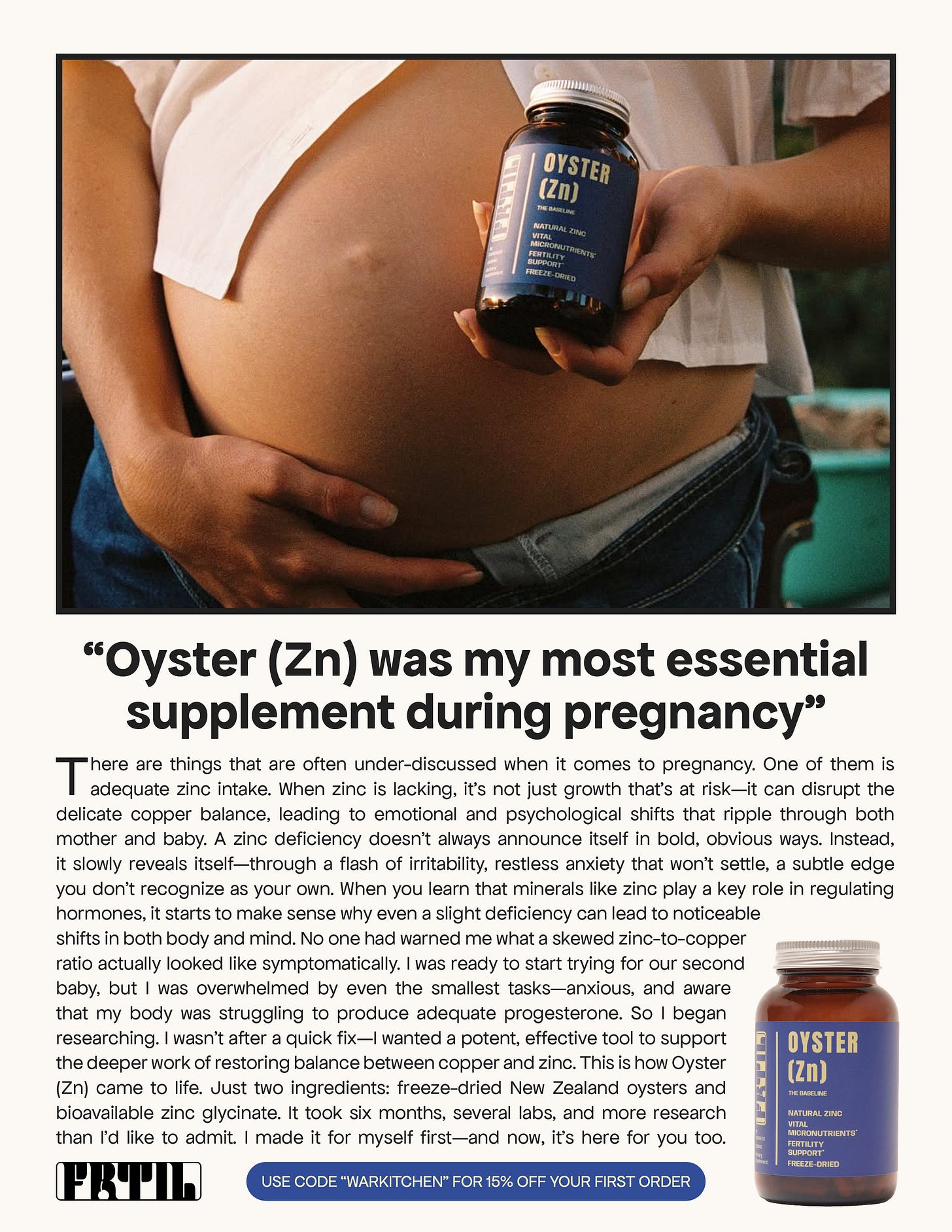

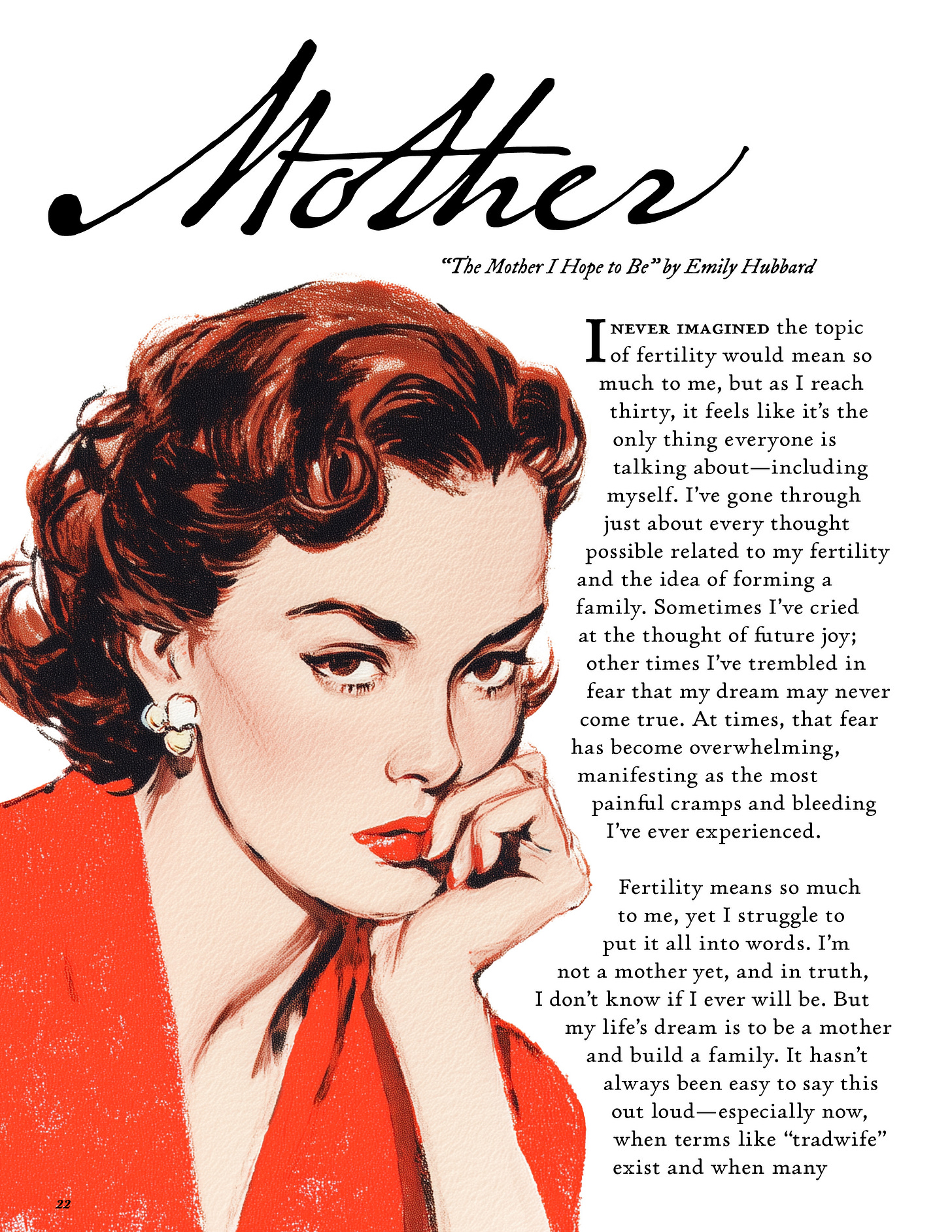
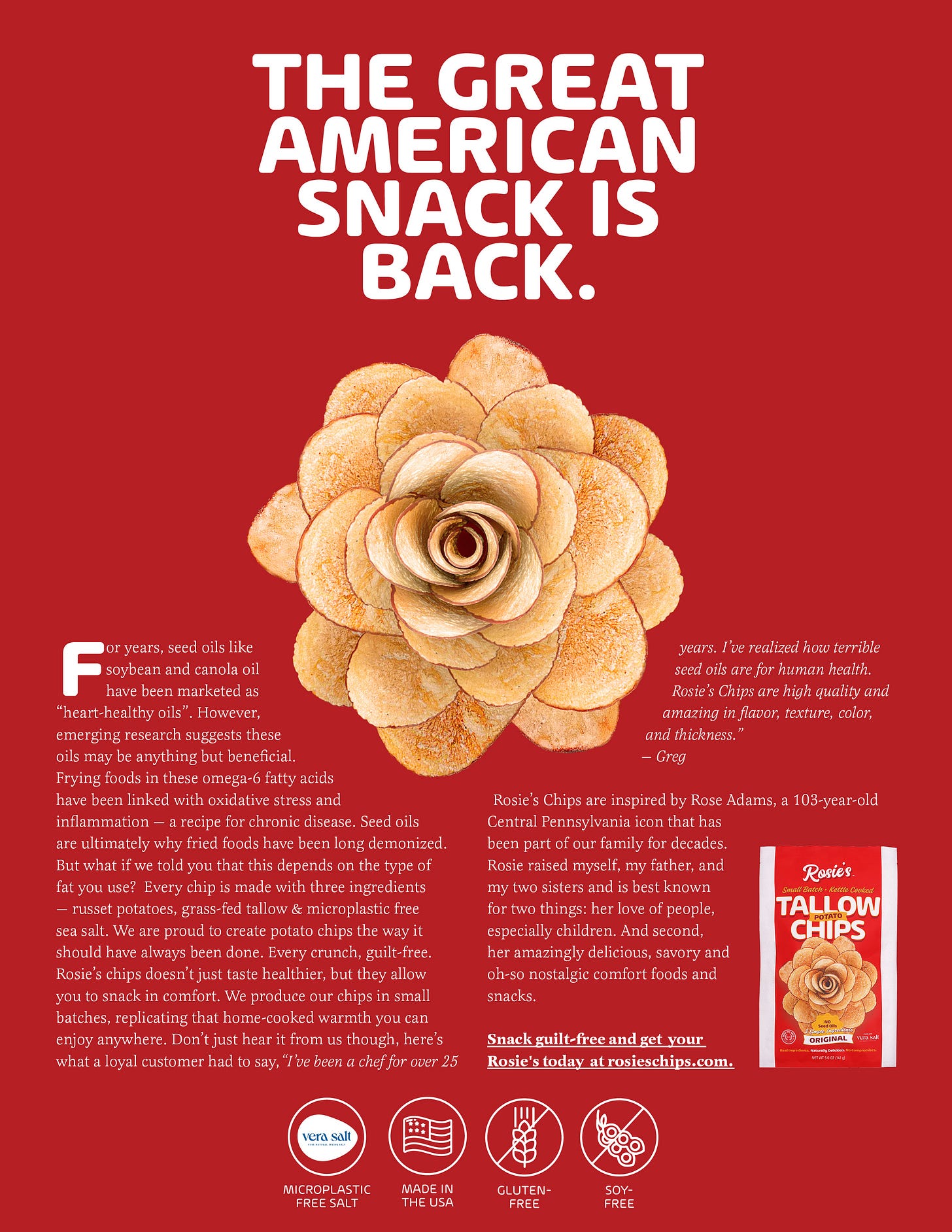
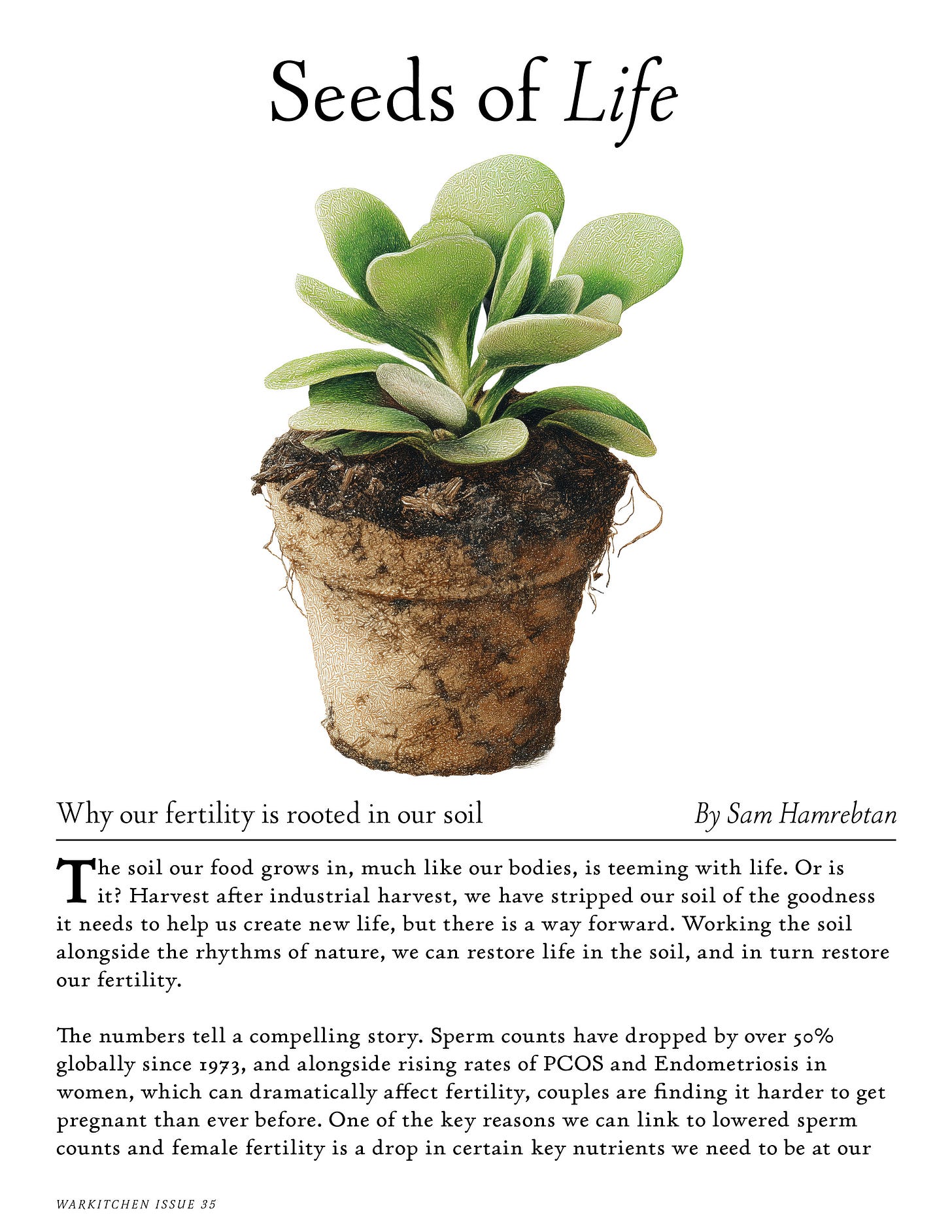
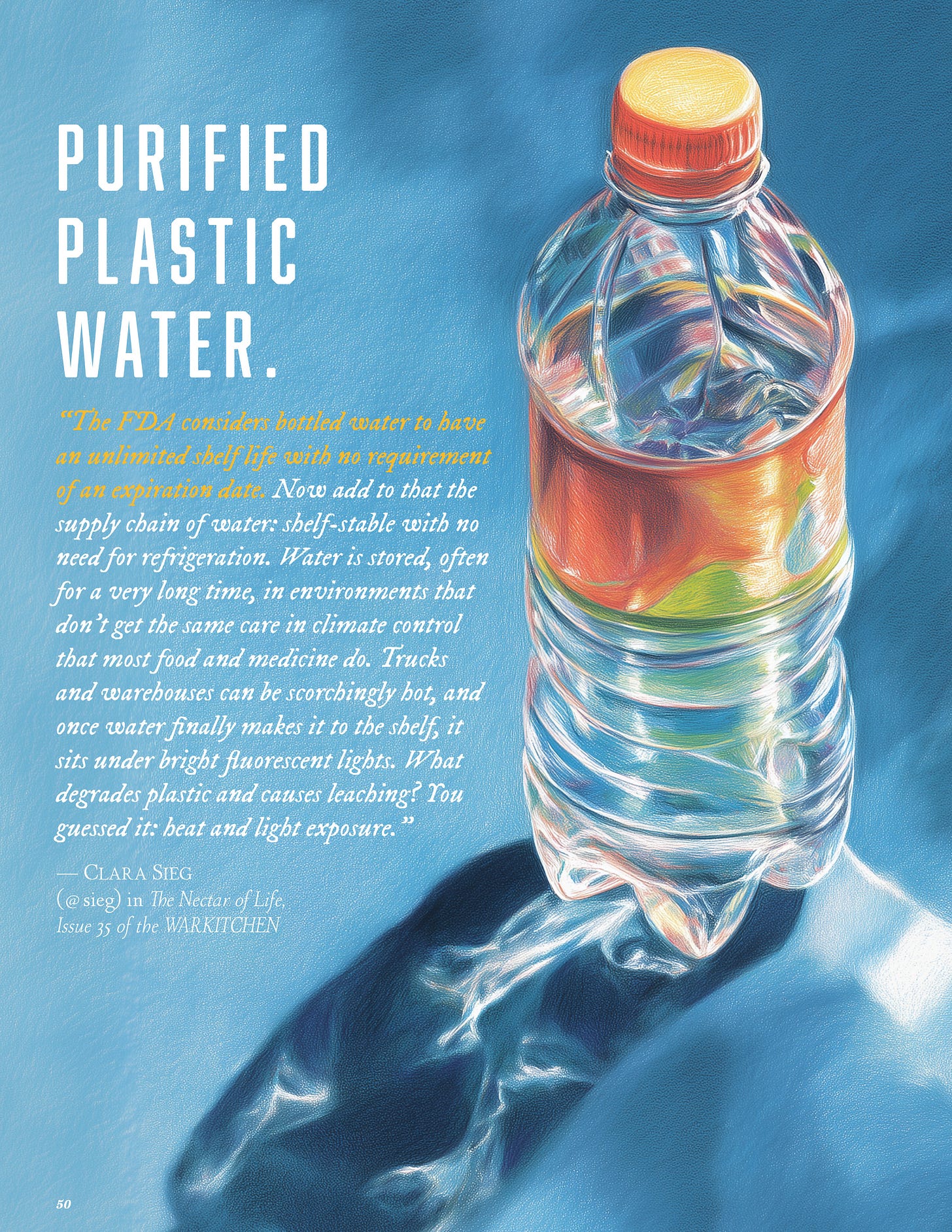
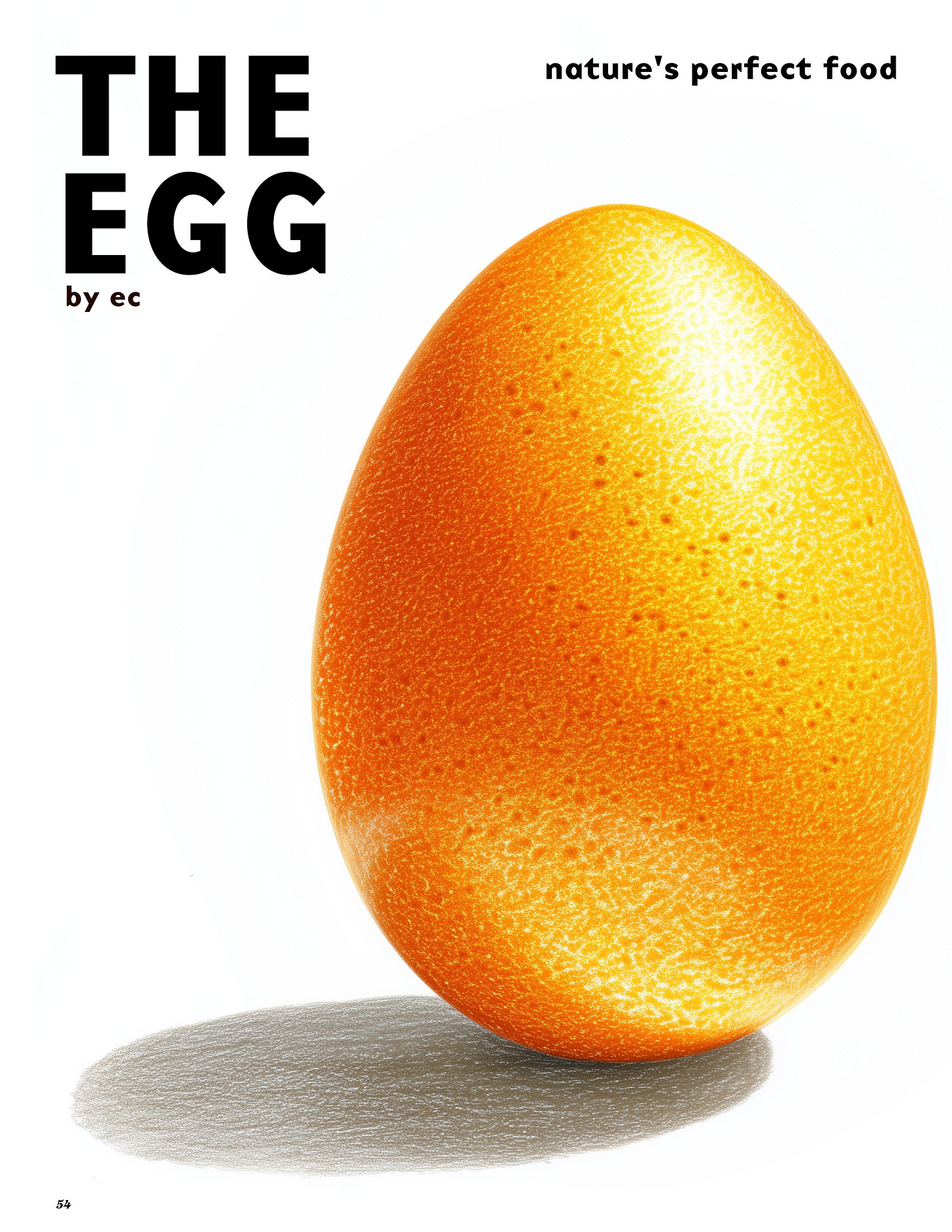
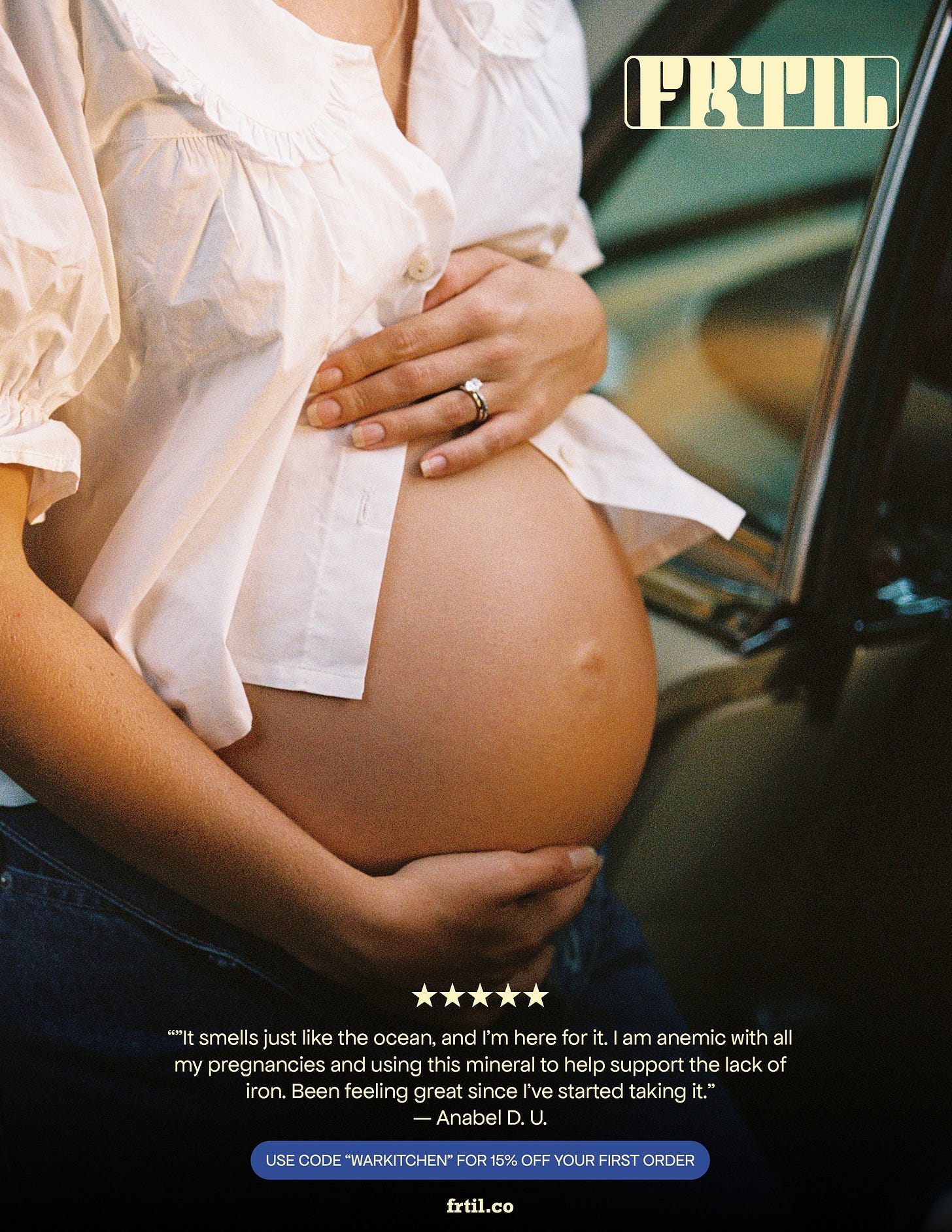
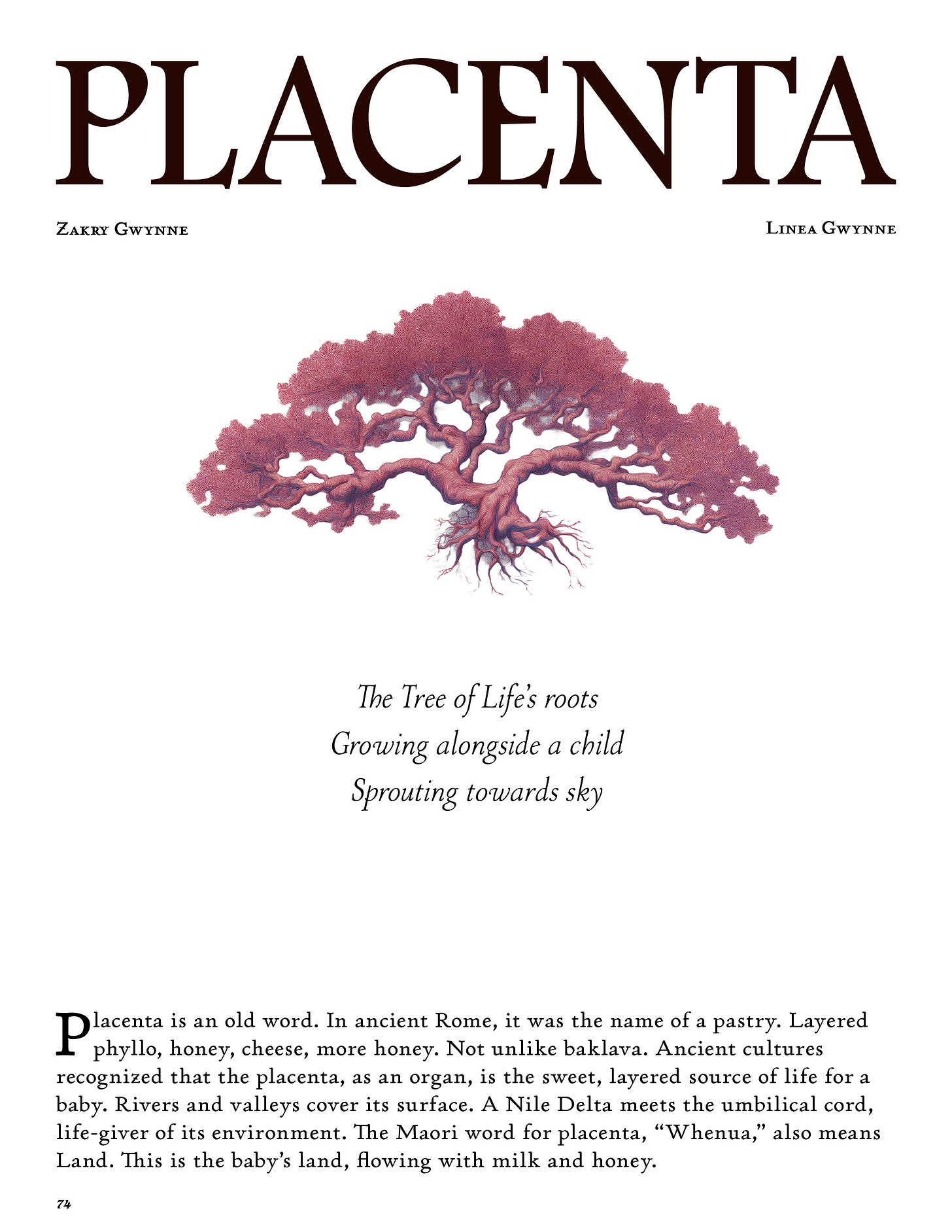
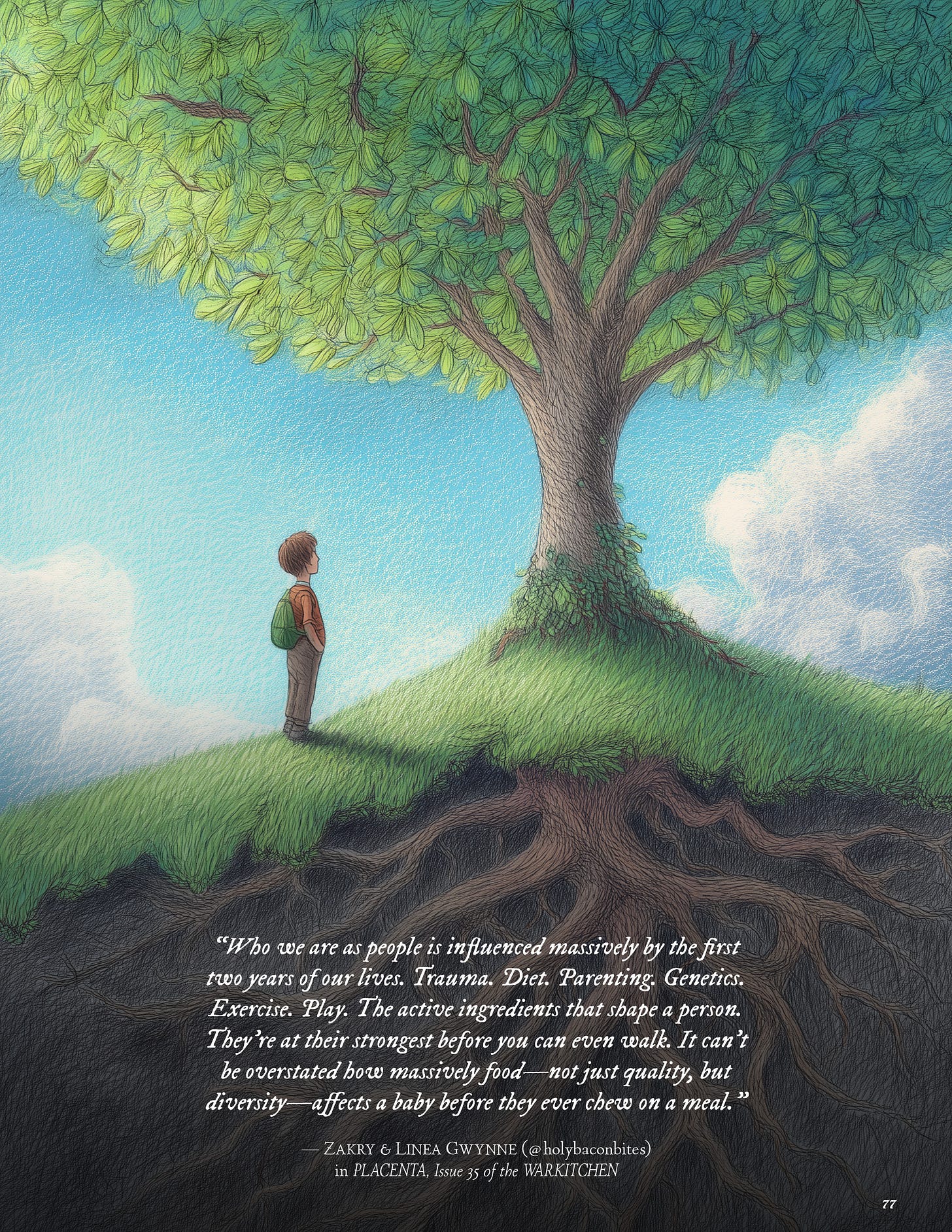
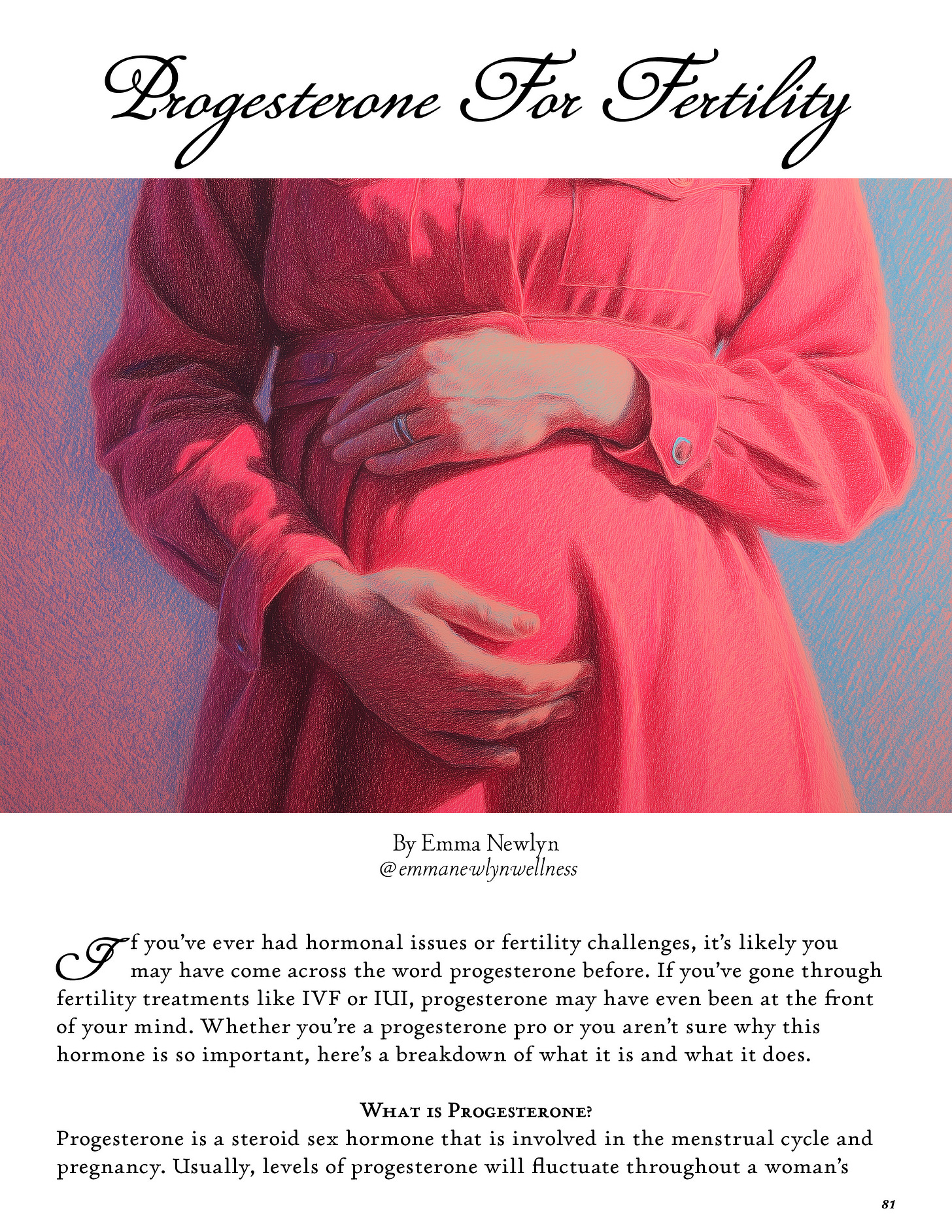
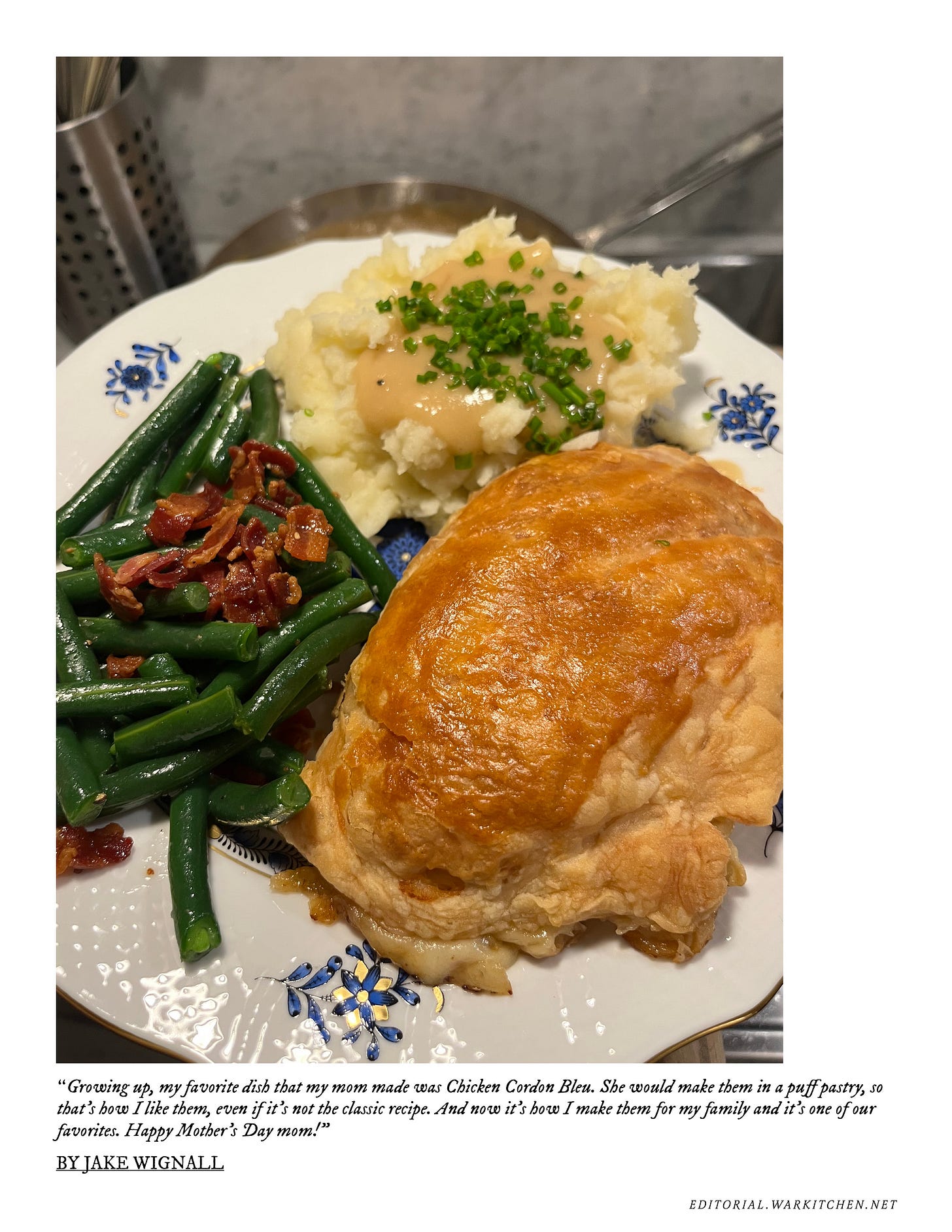
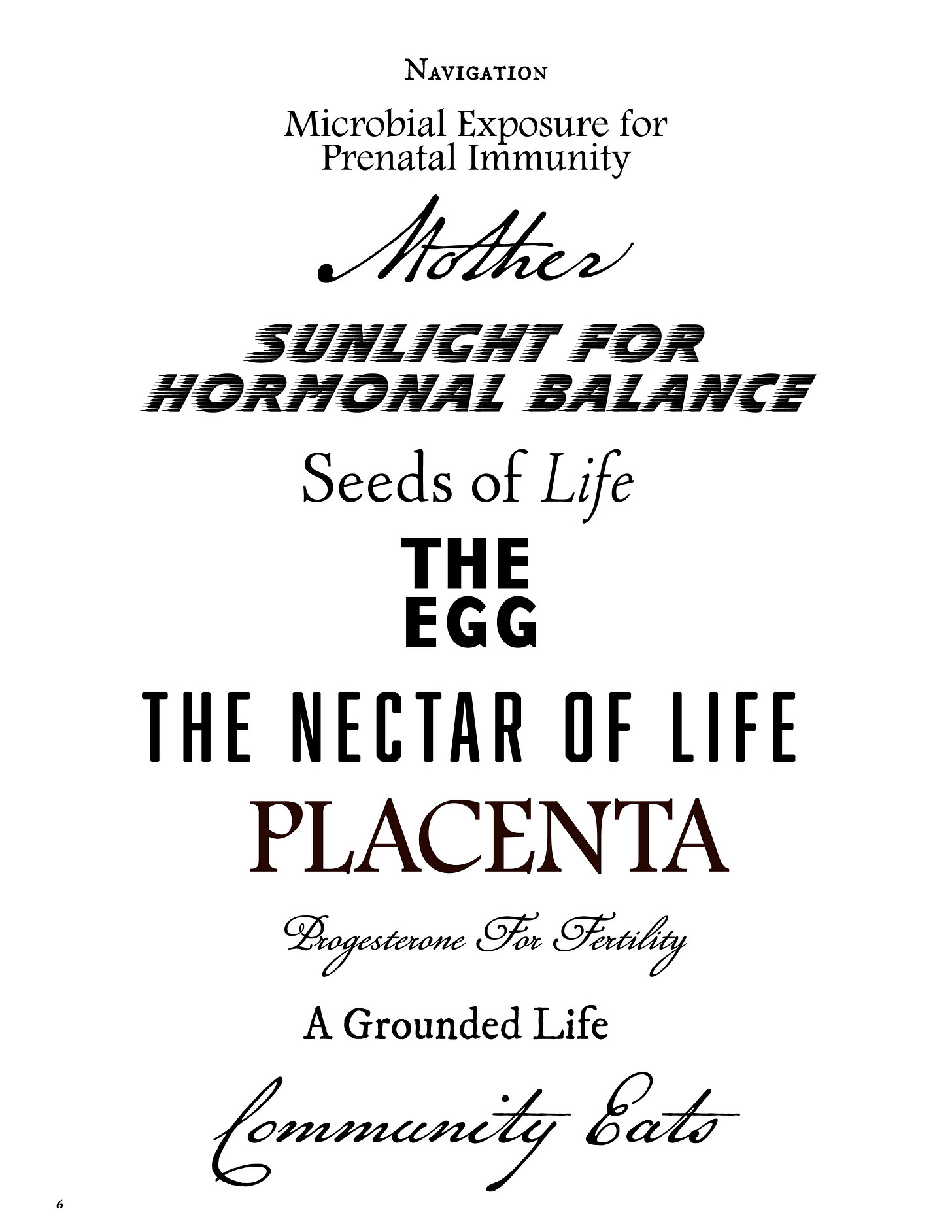
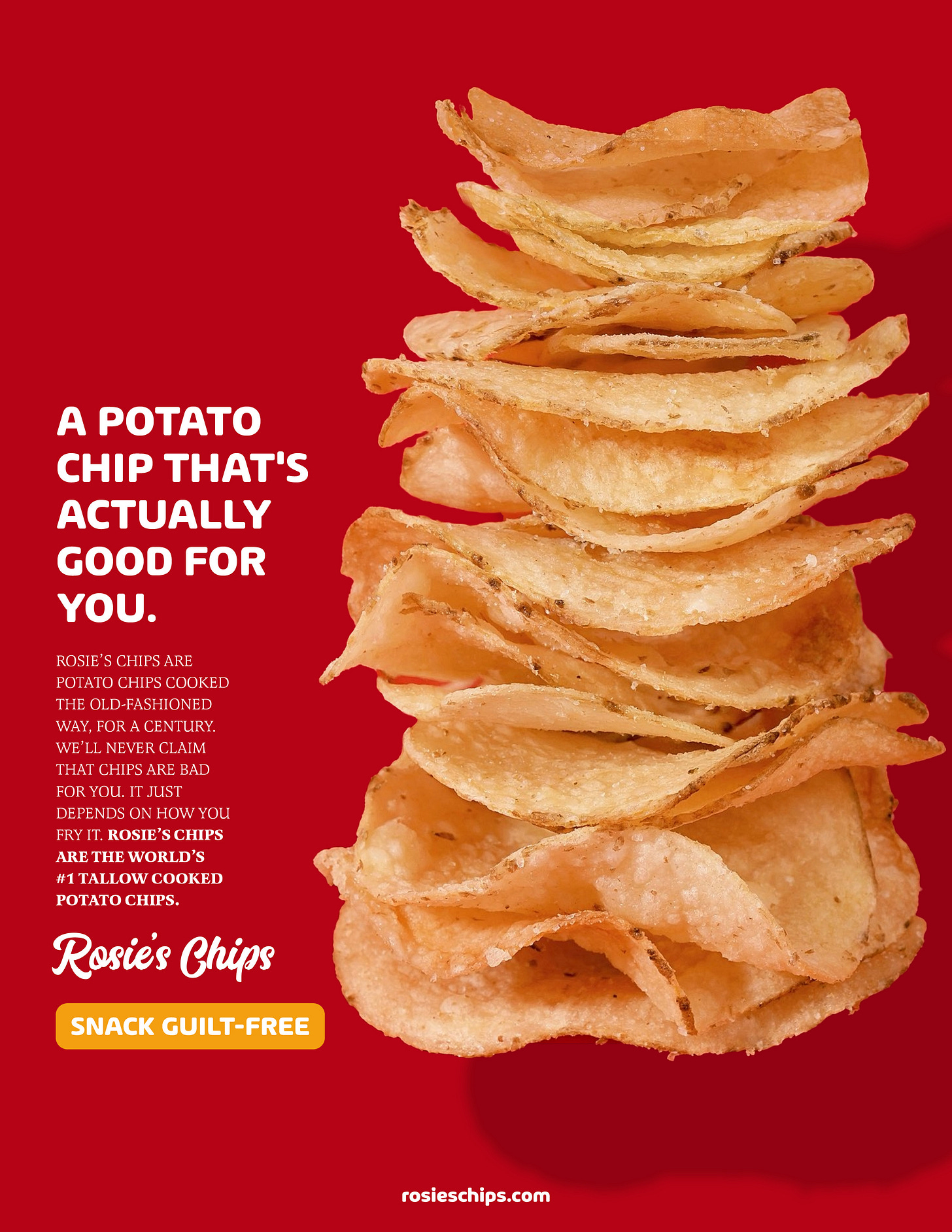
This information is beautifully put. My partner and I created a Substack to condense our knowledge we have gained through information and advocacy after multiple miscarriages knowledge is empowerment.
https://substack.com/@fertilebydesign/note/p-164097952?r=5o8se4&utm_medium=ios&utm_source=notes-share-action
Beautiful.